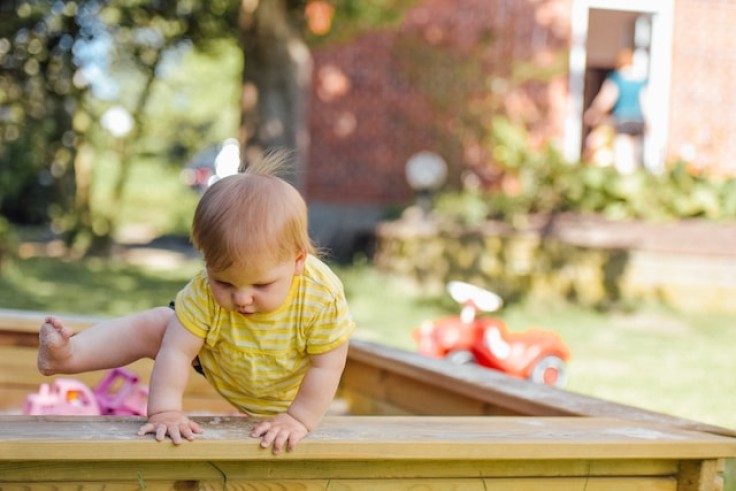
For parents with young, energetic explorers, the sight of their little one scaling the tallest furniture or playground structure can be both a source of pride and sheer panic. An adventurous spirit can be a sign of a curious mind and healthy physical development. However, unguided enthusiasm can quickly turn into risky ventures. Here's a guide to understanding and managing your child's climbing habits:
Read also: Healthy Habits for Life: Healthy Habits for Life: How To Help Your Child Maintain a Healthy Weight
Tips to Address the Endless Climbing Habit of Your Adventurous Child
1. Understanding the Climbing Phase:
Most children go through a climbing phase. It's a combination of mastering motor skills, satisfying curiosity, and pushing boundaries. Climbing helps with spatial awareness, muscle development, and even cognitive growth as they solve the puzzle of how to reach new heights.
2. Safety First:
Before addressing the behavior, ensure your home environment is safe. Anchor tall furniture to the walls, keep breakables out of reach, and cushion sharp table edges. On playgrounds, keep an eye on your child, especially around areas where a fall might be dangerous.
3. Channel the Energy:
Rather than curbing their climbing enthusiasm entirely, channel it. Introduce them to safe climbing environments like children's climbing walls or gyms. This not only feeds their desire but does so in a controlled, safe environment where they can learn proper techniques.
4. Set Boundaries:
Children thrive with clear boundaries. Designate "safe to climb" zones in your home or outdoor space, and equally emphasize the "no-climbing" zones. Consistency in enforcing these rules is key.
5. Enroll in Climbing Classes:
Consider enrolling your child in climbing classes. Many facilities offer courses for young children, teaching them the basics of climbing while emphasizing safety. It's also an excellent way for them to interact with peers with similar interests.
6. Foster Other Physical Activities:
If you think your child's climbing is more about burning energy than the act itself, introduce them to other physical activities. Sports, dance, or even just regular trips to the park can give them a safe outlet for their energy.
7. Understand the Underlying Causes:
Is it just a phase, or is there something more to your child's climbing? Some children climb for attention, especially if they've learned it elicits a strong reaction. Others might do it out of anxiety or other emotional reasons. It's essential to observe, understand, and, if needed, consult with a pediatrician or child therapist.
8. Equip Them Properly:
If your child is set on climbing, ensure they have the right gear. Even if it's just indoor rock climbing, the right shoes and a safety helmet can make all the difference.
9. Educate on Risks:
While your child might be too young to understand the full gravity of risks, they can still grasp basic concepts. Talk to them about safe climbing and the dangers of climbing without proper supervision or in undesignated areas.
10. Celebrate Safe Achievements:
When your child successfully scales a climbing wall or reaches the top of a jungle gym, celebrate with them! Positive reinforcement of safe climbing can encourage them to stick to safe practices and designated climbing areas.
Climbing can be more than just a phase for some children; it can be a passion. By understanding and guiding this passion, parents can ensure that their young climbers' enthusiasm is both celebrated and safely nurtured.
Embrace their adventurous spirit, but always with an emphasis on safety and boundaries. In doing so, you not only encourage their physical and cognitive development but also instill a sense of responsibility and awareness that will benefit them in all areas of life.